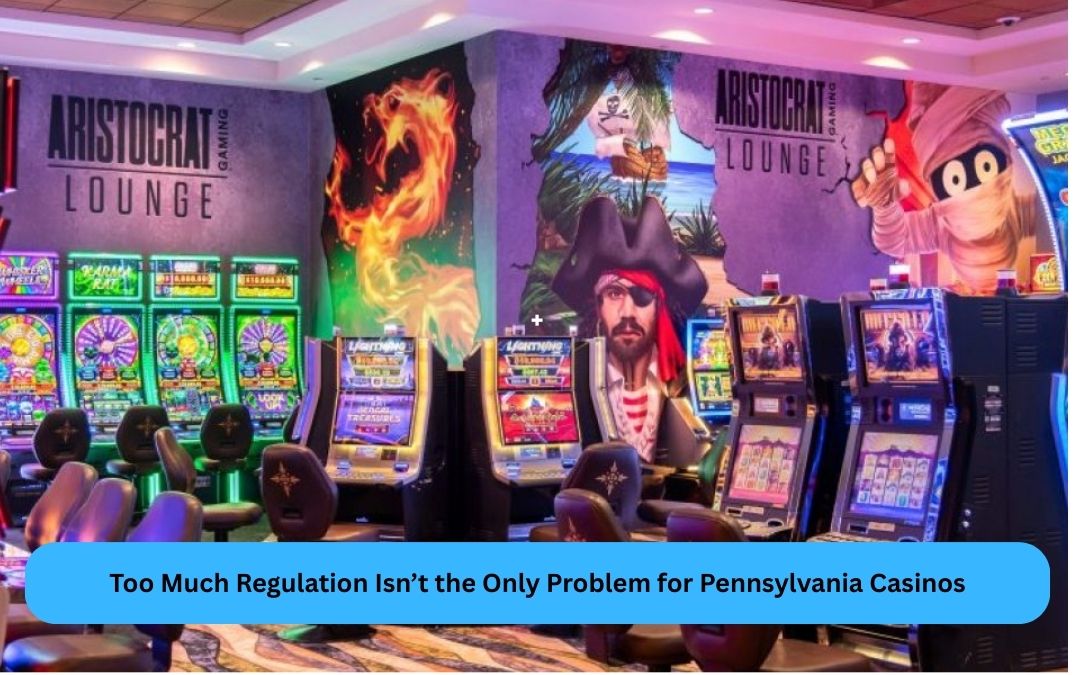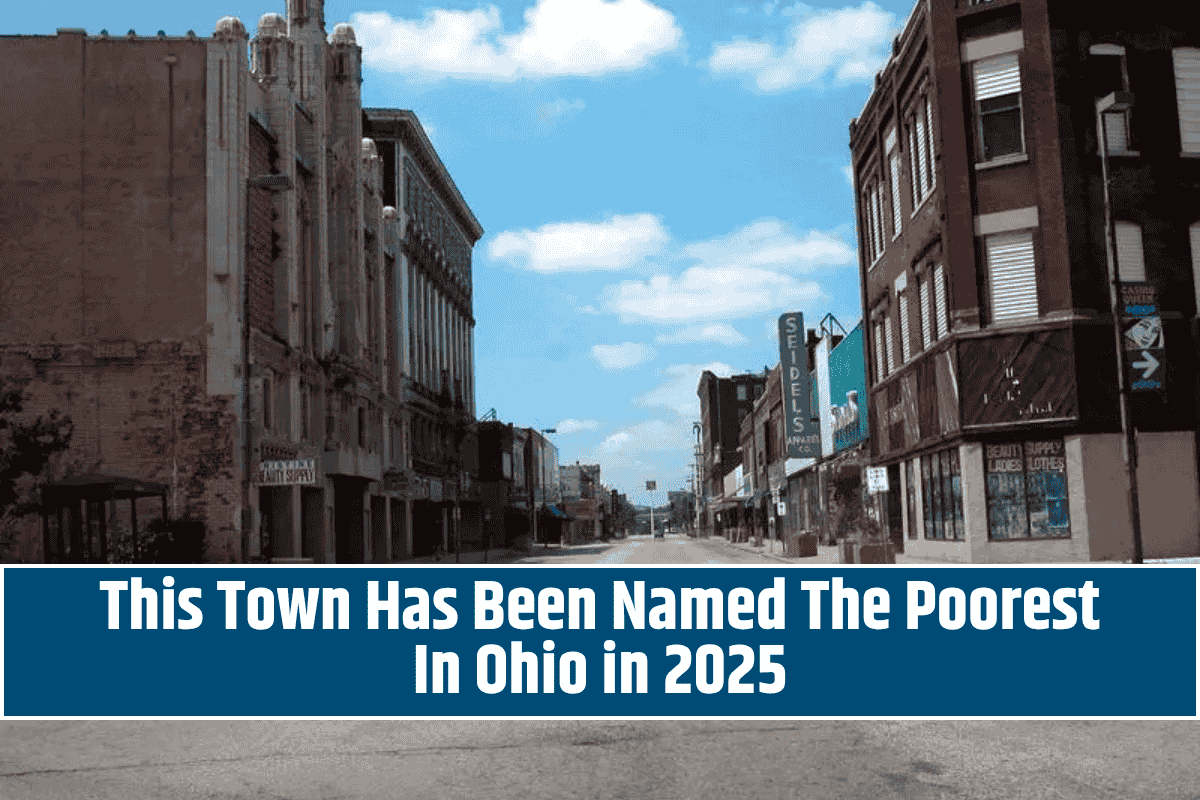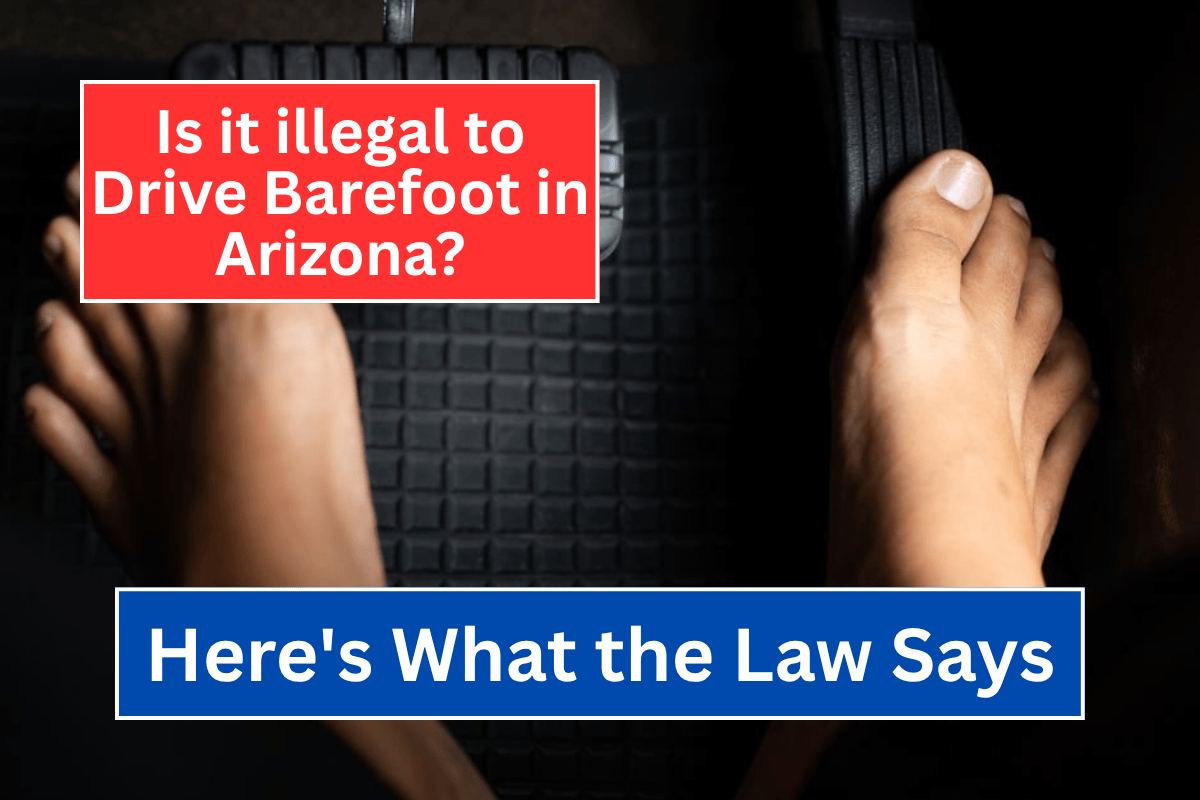Pennsylvania’s casino industry is under pressure. While regulations are often blamed, the real issue runs deeper—taxes.
State Senator Dan Laughlin has introduced a new bill to give casinos more flexibility. His proposal would let casinos reduce the number of slot machines based on actual demand. The current law, established in 2004, requires a minimum number of machines for each type of casino license. It’s a rule rooted in outdated thinking.
When legalized gambling launched in Pennsylvania two decades ago, the focus was revenue. Slot machines were viewed as a fast, easy source of income. The state, under then-Governor Ed Rendell, quickly moved from slot machines to table games, and then under Governor Tom Wolf expanded into mini-casinos, sports betting, online gambling (igaming), and fantasy sports.
But the structure behind the industry never evolved.
Old Rules in a New Landscape
Pennsylvania’s regulatory model was inspired by New Jersey, not Nevada. The goal was to keep organized crime out and gambling tightly controlled. But this led to rigid management rules that make operating a casino expensive and burdensome.
Senator Laughlin’s bill doesn’t touch taxes or fees. It simply allows casino operators to manage their slot floors more efficiently. He stated, “Let’s face it, the gaming landscape has changed dramatically since 2006. Competition is fierce and rigid mandates no longer serve the industry or the public.”
And he’s right—casinos now face fierce competition from neighboring states and online platforms.
Pennsylvania’s Outdated Tax Structure
While regulatory reform is a step forward, it won’t be enough.
Pennsylvania charges the highest gaming taxes in the country, taking more than 50% of casino revenue. That leaves little for operations, let alone reinvestment in infrastructure or customer experience. In contrast, casinos in Atlantic City and Las Vegas are continually reinvesting and modernizing.
Nevada stands as the ideal model. Despite generating three times the gaming revenue of Pennsylvania, it collected only $1.2 billion in taxes in 2024—compared to Pennsylvania’s $2.6 billion. Low taxes support reinvestment, innovation, and employment. Las Vegas alone employs over 300,000 people in the gaming industry.
Investment Gap is Growing
In Pennsylvania, investment lags. There’s less money for upgrades, entertainment, or job creation. Slot revenue is now declining—down 0.6% in 2024—while igaming is surging, up 25.2%. The traditional slot market is likely saturated.
Allowing casinos to reduce slot machines is a smart move. But the real solution lies in tax reform.
If lawmakers truly want Pennsylvania’s casinos to compete and thrive, they must look beyond regulation. A lower casino tax rate would unlock the potential for investment, growth, and long-term stability.












